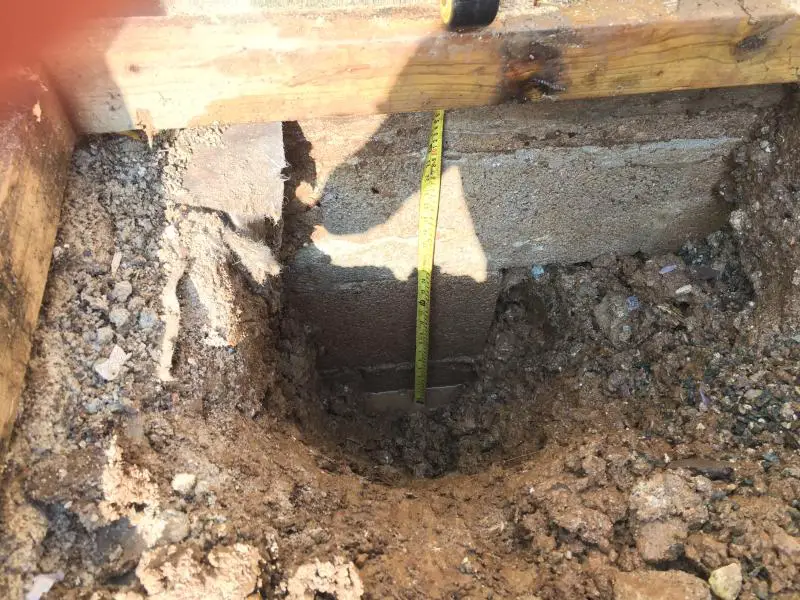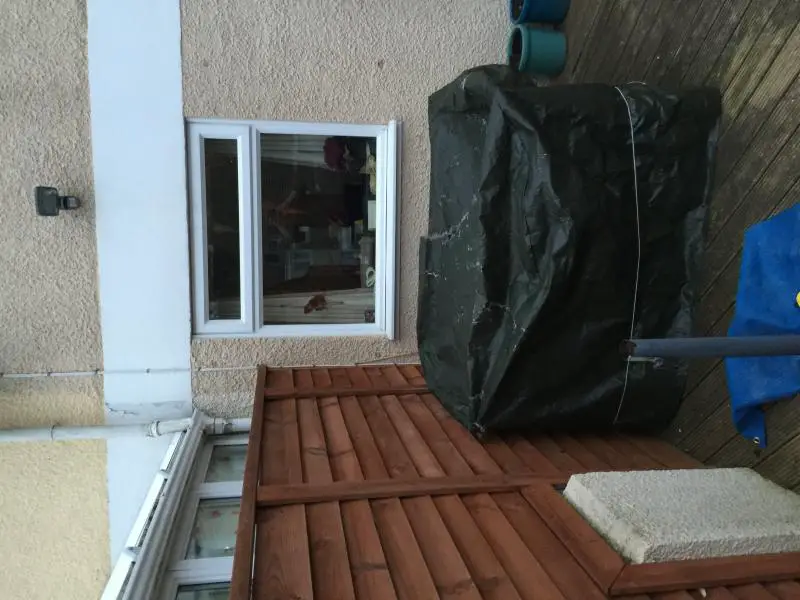An interesting case - thanks.
(I don't like the bit where the judge states that the defendant should not be allowed to dispute the evidence, purely on the grounds that he has ignored the statutory requirements - a complete shifting of the burden of proof.
quote:
'if it can be shown that the damage which has occurred is the sort of damage which one may expect to occur from the nature of the works that have been carried out... ...he should not be allowed to obtain forensic advantage by his own failure to comply with the statutory requirements ... ...a court should be prepared to take a reasonably robust approach to causation...')
(I don't like the bit where the judge states that the defendant should not be allowed to dispute the evidence, purely on the grounds that he has ignored the statutory requirements - a complete shifting of the burden of proof.
quote:
'if it can be shown that the damage which has occurred is the sort of damage which one may expect to occur from the nature of the works that have been carried out... ...he should not be allowed to obtain forensic advantage by his own failure to comply with the statutory requirements ... ...a court should be prepared to take a reasonably robust approach to causation...')



